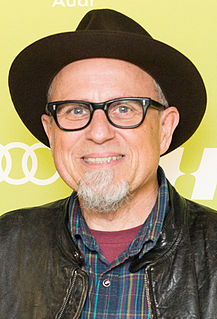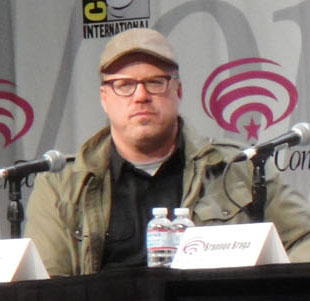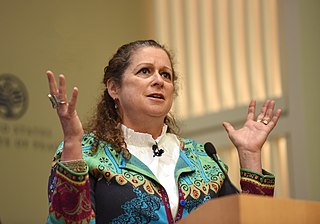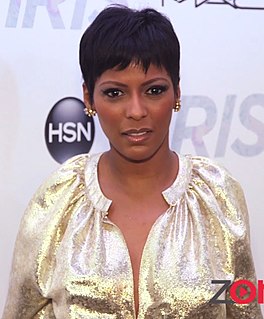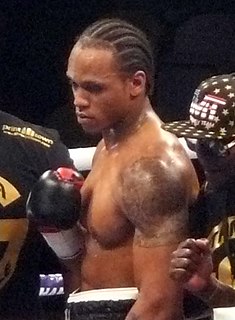A Quote by Lenny Abrahamson
As a filmmaker, I've sat on the other side, and I've watched when people I know have a film, and it's doing really well, and people are talking about it in all the trades, and everybody is excited about it, and I've always thought, 'Hmm, what would that be like?'
Related Quotes
It's that weird need to make tragedy about us. When you look at 9/11, there's people who really died and family members who really suffered. And then I would be in Montana, and a guy would go, "You know, I was close to Ground Zero." And it's like, "What are you talking about? You're in Montana." Everybody had to make it about them.
I'm a very private person, so obviously I don't enjoy talking about more personal matters. But at the same time I care very much about my work and I would like people to know that it exists. So I appreciate that there's a meeting point, where I would like people to know about the work that I'm doing, and that requires me to talk about it.
If you want a film and they don't want you, sometimes you have to go fight for it. Sometimes that ends up just being a meeting really, just sitting down with them and just saying here is my vision for it and here is why I really love it. But for the most part, I think filmmakers gravitate towards people that are excited - as excited as they are about the film and as passionate about it. So sometimes going after it isn't so much a function of auditioning as it is just sitting down with the filmmaker.
I'd never read 'Prince Caspian'. I watched it and loved that film. Everybody was talking about its lack of success; its relative success in comparison to the other film. It's a great film. It deserved to do a lot better than it did. It's very difficult to make a film that will match up to the first.
Because if you remember - and people forget this - the first two years of Game of Thrones everybody was going, "I don't know what's going on, but I really like it." And you really didn't know what to make of a lot of people, and now it's changed and people aren't really talking about that. Now it's like you're watching West Wing or Friends, you know the characters and you're like, "What in the world is going to happen?"
I've just recently started doing the promo bits for the new album, and the funny thing is that the people who come to talk to me about these things seem to be getting younger. It's like the people who like the music are all young kids and they're on top of you - they know all about what you're doing, and they're excited and animated about it. So it's a lot of fun.
I get very close to people when I'm shooting them. We would go and shoot a scene with Lucy, and I would spend the whole time telling her about Rob. Then I would go shoot a scene with Rob and tell him all about Lucy. Eventually they wanted to know each other. These are two people who would never have overlapped in any other way or context. We brought to the garden at Rob's office and just sat and watched what unfolded. I remember weeping behind the camera, because I was so moved by the way they connected.
She [Hillary Clinton] knows the people well. I think there is - you know, also talking about breaking down barriers and talking about that, whether we`re talking about that in economic terms. I mean, she`s the only person who has been out there talking about white privilege and talking about sort of the intersectionality of some of these issues.
When industry people see something different they don't know what to do with it, so filmmakers who make films about women, they kind of fall through the cracks. If a woman filmmaker makes film about war, like [Kathryn] Bigelow, they say "Okay, this is a war film, it has ninety percent men in it, we know what to do with it." But then she still gets attacked for not doing it properly. [...] But even though it bothers me I don't want to dwell on the sex and gender thing.
I'm talking about people who claim to love people. I'm talking about people who claim to love and represent the little guy. They're the people that tell us that if not for them, the little guy would be trampled on daily. Well, if they really cared about the little guy, if they really cared about the little guy, and want the little guy to have an improved life, more contentment, more happiness, then the United States is what you would emulate. You certainly wouldn't tear it down.
The thing is, to try to talk about a performance that will never be seen again, that was only lived by the people there, it's kind of like telling somebody about your dream. You know if they love you they'll listen and smile, but they can't really get it, so there is a certain infinite quality to film that is nice. You do the work and you know it's always going to be there. The flip side is if you do bad work it's always going to be there.
I was at a book convention, in a cab. On one side of me was Arthur Schlesinger; on the other side was William Manchester - real heavyweights. All they were doing was asking me about Charles Manson. The only thing that enables me not to be bored is the people talking about it - they're so interested.

